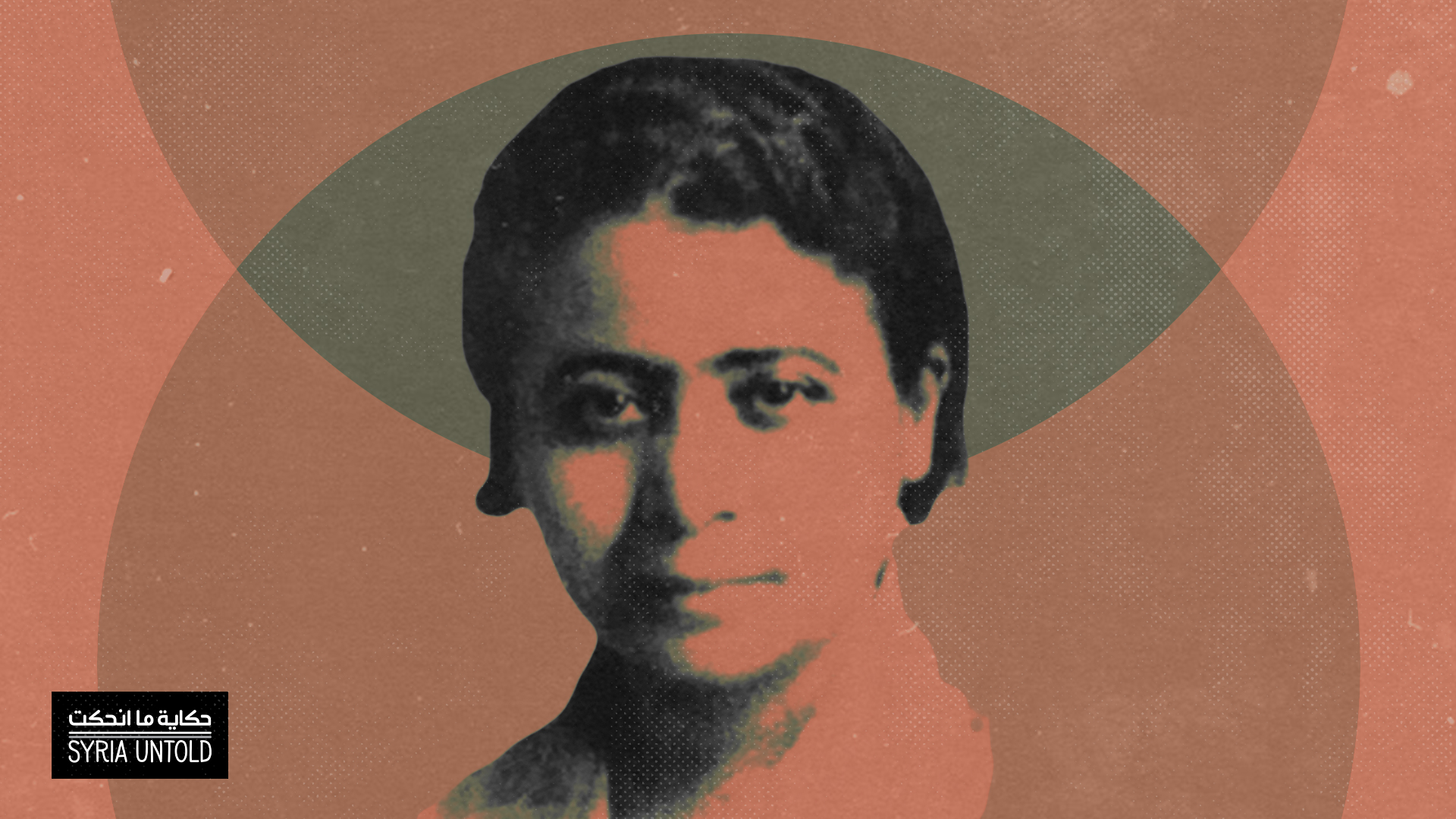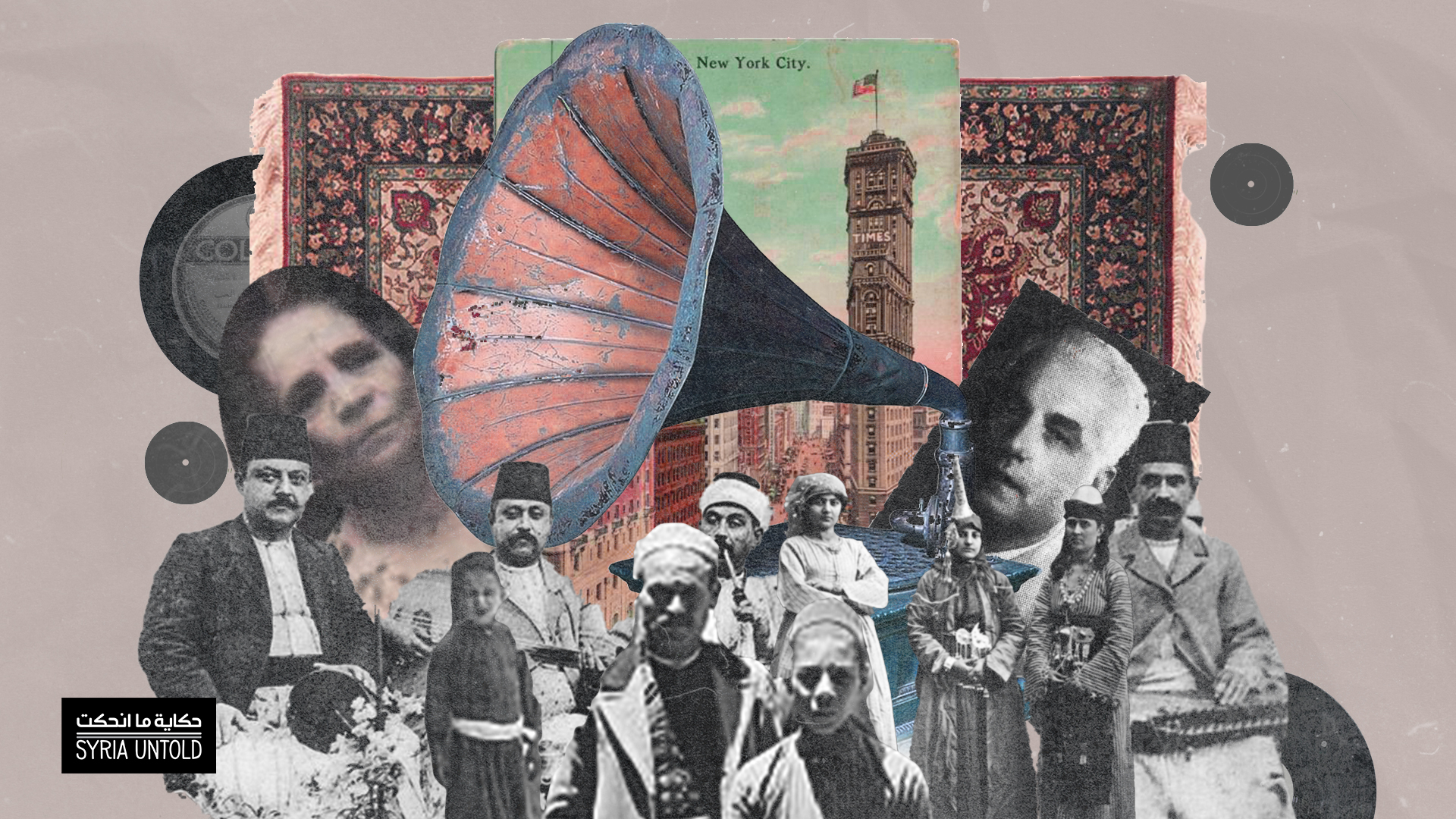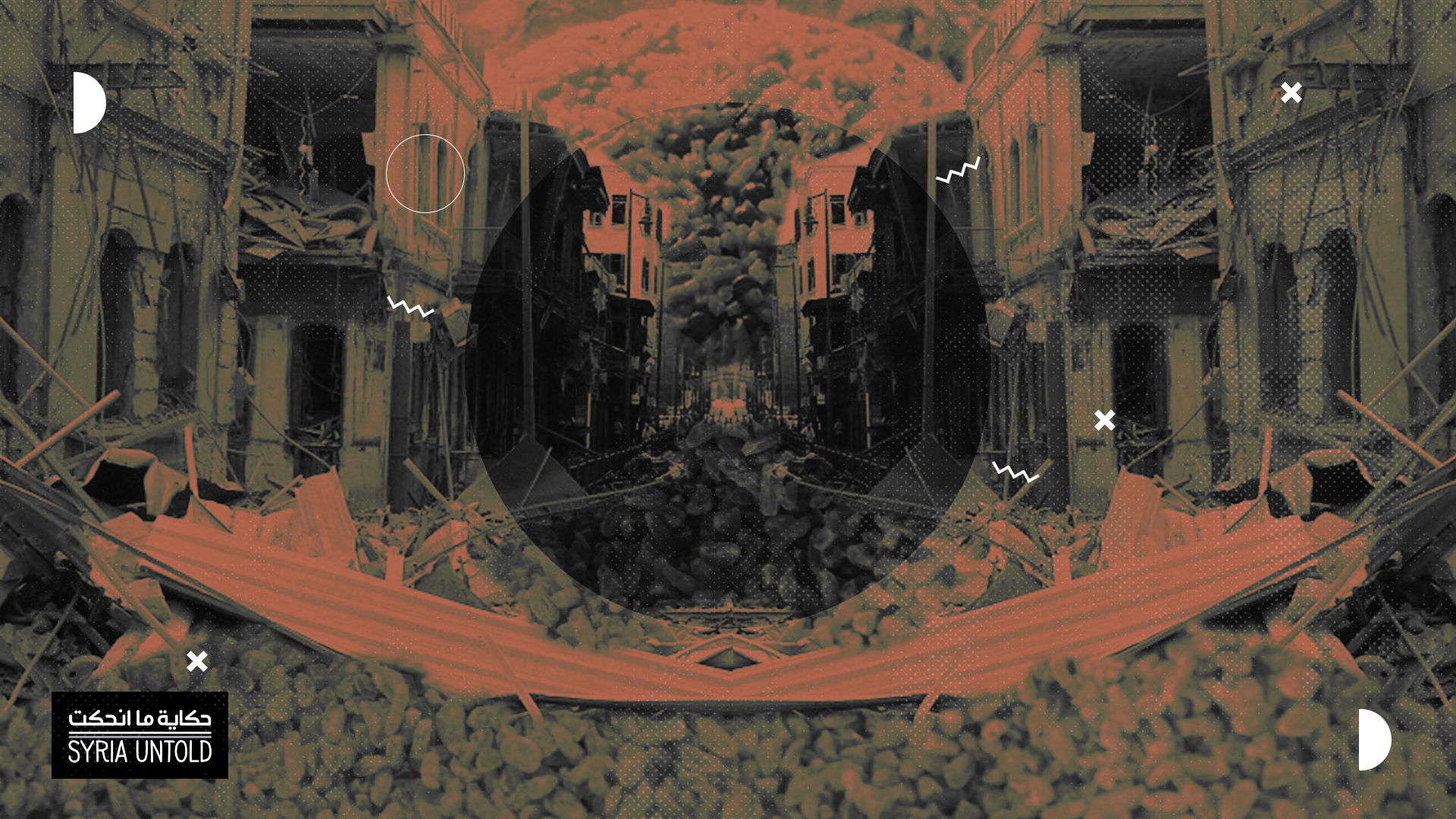Half of Syria has been displaced by war. Now record drought threatens millions more (The Independent)
“Nestled in the breadbasket region of the county, Um Gharqan was named this because of the punishing floods it has endured over the years thanks to the Khabour River, an important tributary to the Euphrates that runs like an artery through the area. The river has broken its banks twice since 1950, leaving a landscape littered with the remains of homes.
But today Syria is in the grips of the worst drought in 70 years.” Read more
The forgotten railways of Syria and Lebanon: Tales of a missed connection
29 October 2021
Sabah Fakhri, Syrian tenor who helped preserve classical Arabic music, dies at 88 (The Washington Post)
“Mr. Fakhri sang tarab, an emotive and repetitive form of traditional Arabic singing. The word roughly translates to ‘exaltation,’ and everything about the music was designed to invoke a trancelike state of ecstasy or transcendence among his listeners. Notes were held for 10 seconds or longer, songs extended to nearly an hour, and one piece often bled into another. In Mr. Fakhri’s hometown of Aleppo, crowds often gathered for his evening concerts and listened to him sing until daybreak.” Read more
Another Lebanon: a journey back in time (The Financial Times)
“I became a journalist because of a worry. As far back as I can remember, my grandfather, who is an unmatched raconteur, would sit me down after every one of our Sunday lunches to tell me some of the tales of ‘his Lebanon’: the Lebanon he once knew and seemed never to have recovered from. I remember that he always insisted on saying “my Beirut, my Lebanon” with a sense of ownership I later discovered existed in most of the Lebanese. I’m not talking about a nationalistic penchant or the eagerness to possess a land per se, but rather a desire – a longing – to protect it, to safeguard something fleeting.” Read more
How corruption ruined Lebanon (New York Times Magazine)
“More than a year later, not one person has been held responsible for a peacetime explosion that harmed more people than any single violent episode in Lebanon’s long, troubled history. A handful of senior political, judicial, security, military and customs officials — including President Michel Aoun and former Prime Minister Hassan Diab — all knew that volatile materials were stored at the port and did nothing to remove the danger. A judicial investigation is underway, but few Lebanese expect it to identify the culpable and deliver justice, not because they don’t trust the investigative judge but because they fear political interference.” Read more
European travel agencies resume tours to Syria (Deutsche Welle)
“The destinations are exotic and appealing: Markets bristling with charming handicrafts, architecturally stunning houses of worship, ancient castles and striking landscapes. The only problem is they're all in Syria, a country still reeling from more than a decade of brutal civil war.
According to some European travel agencies though, that doesn't matter.” Read more
The rise and folly of the refugee cookbook (The Counter)
I am a little tired of the common wisdom, often repeated by both food media’s glossiest and most progressive publications, that food has the power to unite us.
Conflict often moves people from their nations, homes, and kitchens. And cookbooks that feature refugees often reveal an objectifying Western gaze that reduces them to their trauma.
This sentimentality shows up frequently in English cookbooks about the diverse cuisines of the Arab world. Friends ask if I find the latest publications ‘interesting’ and ‘authentic,’ especially if the books are about the region or the authors are Palestinian like me.” Read more







